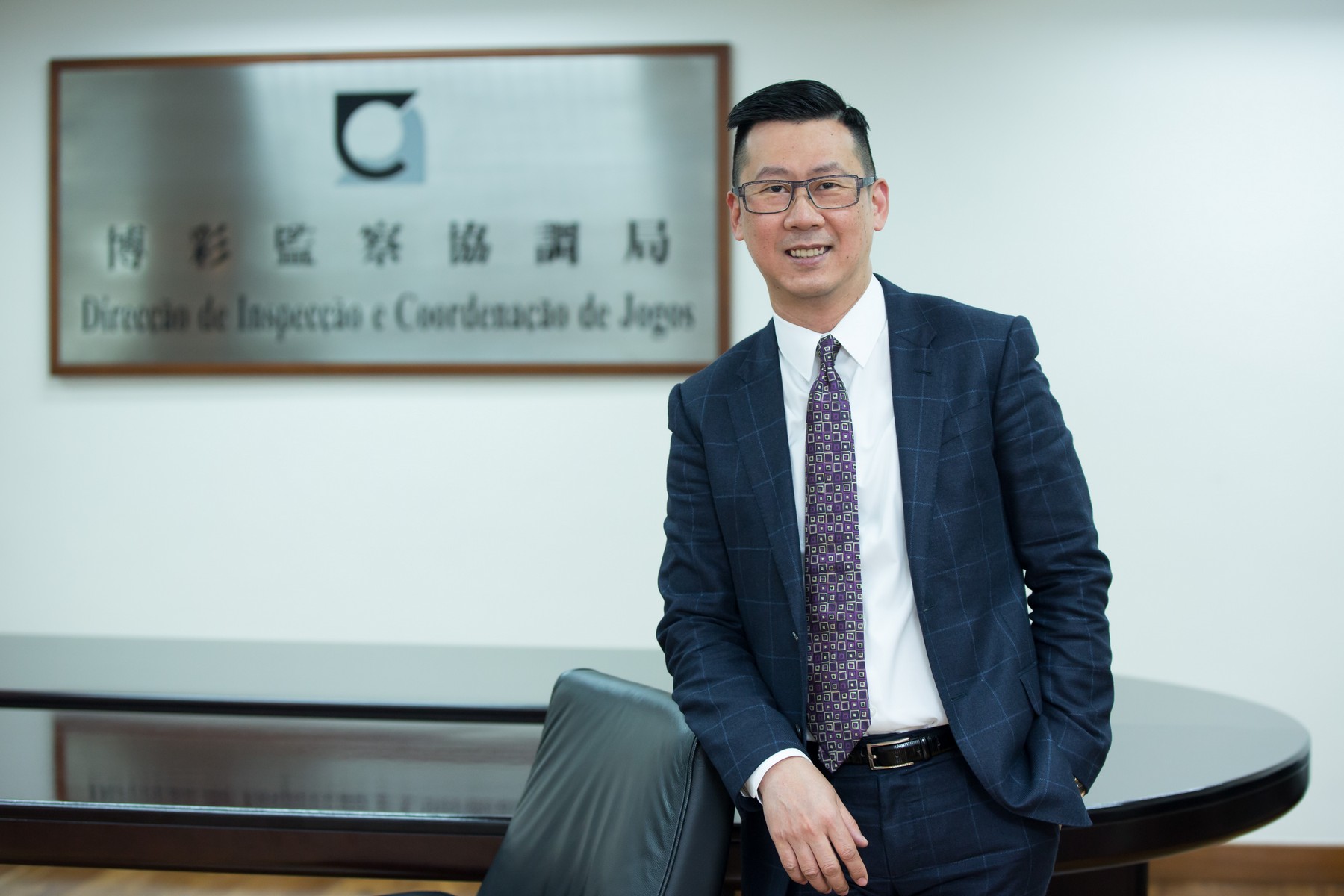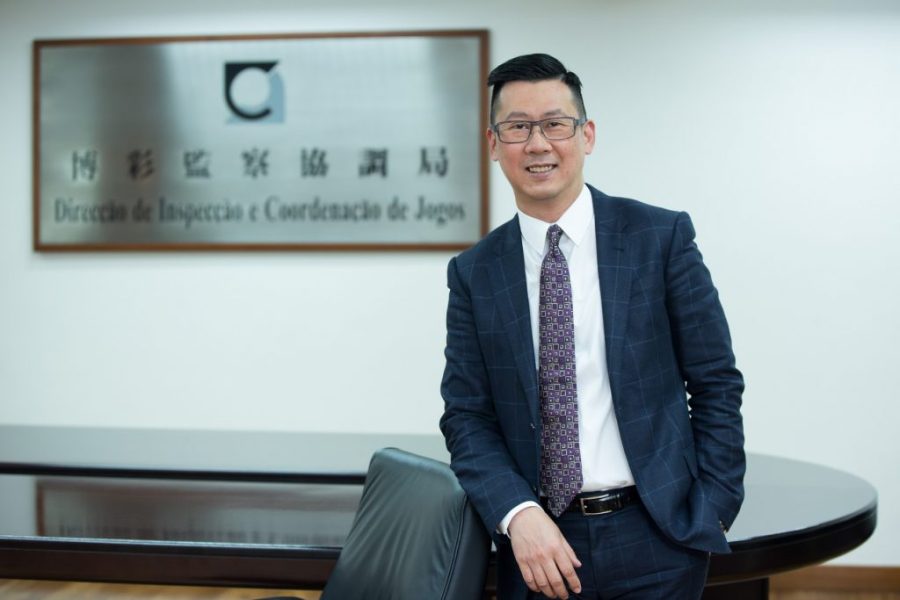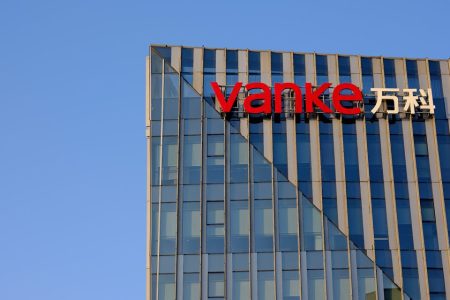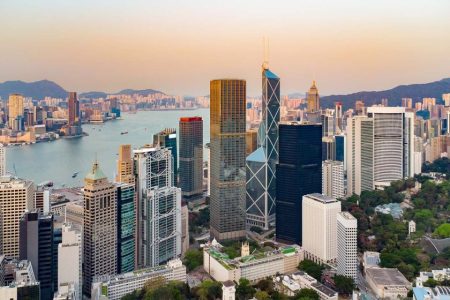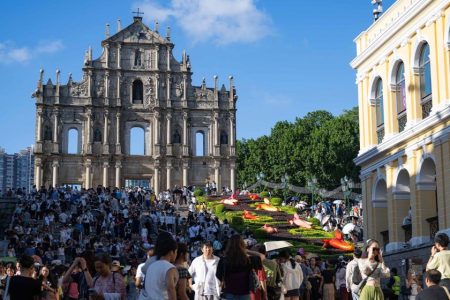Gaming Inspection and Co-ordination Bureau (DICJ) Paulo Martins Chan said on Wednesday that the government will continue its plan to tighten regulation of the junket sector, including raising the initial investment amount.
Chan made the remarks during a press conference about the government’s mid-term evaluation report on the gaming sector’s performance.
The evaluation was conducted by the University of Macau (UM).
The report identifies several security concerns over the junket sector, such as operators being able to open bank accounts for gamblers, allowing them to deposit their winnings when they aren’t able to take large amounts of cash across the border.
However, due to a lack of clearly defined laws and regulations, junket operators are allowed full control of the accounts, leaving very little protection for their gambling clientele.
The report goes on to point out that the same problem extends to investment in so-called VIP clubs run by junket operators, so it suggests that the government should tighten regulations over these practices in order to protect investors’ interests.
Chan said he recognised the importance of the junket sector for Macau’s gaming industry. However, he pointed out that junket operators’ VIP clubs accounted for up for 74 per cent of the total gross income of the gaming sector back in 2002, while their share was down to 60 per cent in 2014.
Chan said the government was determined to make sure that the junket sector will continue to enjoy healthy growth as it looks to tighten regulations over it.
According to Chan, 35 operators were found to have failed to meet the government’s requirements and guidelines since last year, and as a result, their licences weren’t renewed. He added that with about half of the junket operators evaluated so far, he believed that the entire evaluation process should be completed by the third quarter.
Chan added that there are many ways to regulate the sector, such as by raising the required amount operators have to put down as guarantee, or requiring that they own property in Macau, before they can attain a licence.
(Macau News / The Macau Post Daily)
